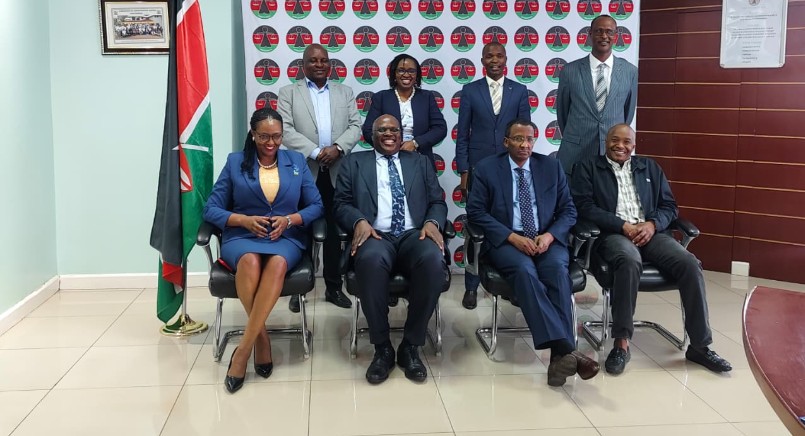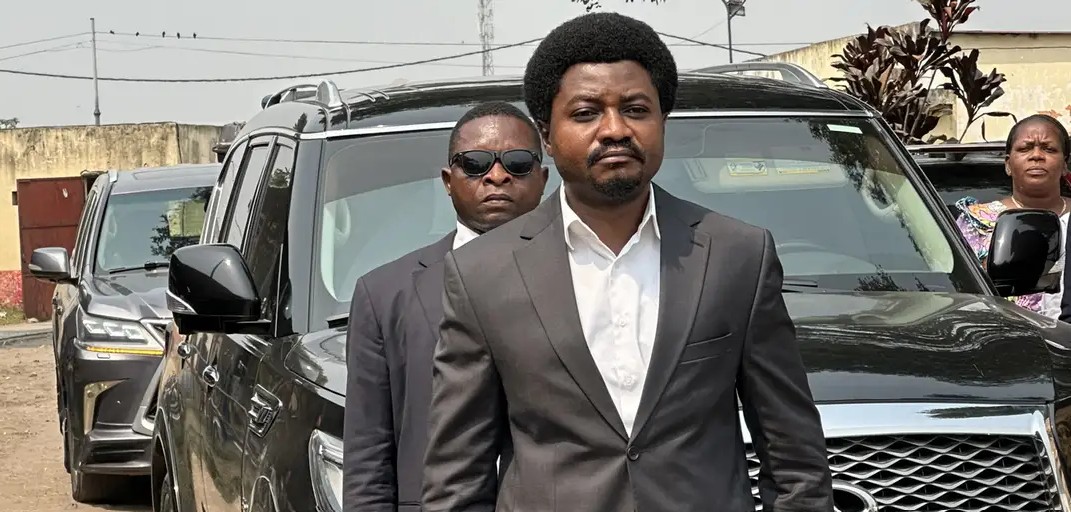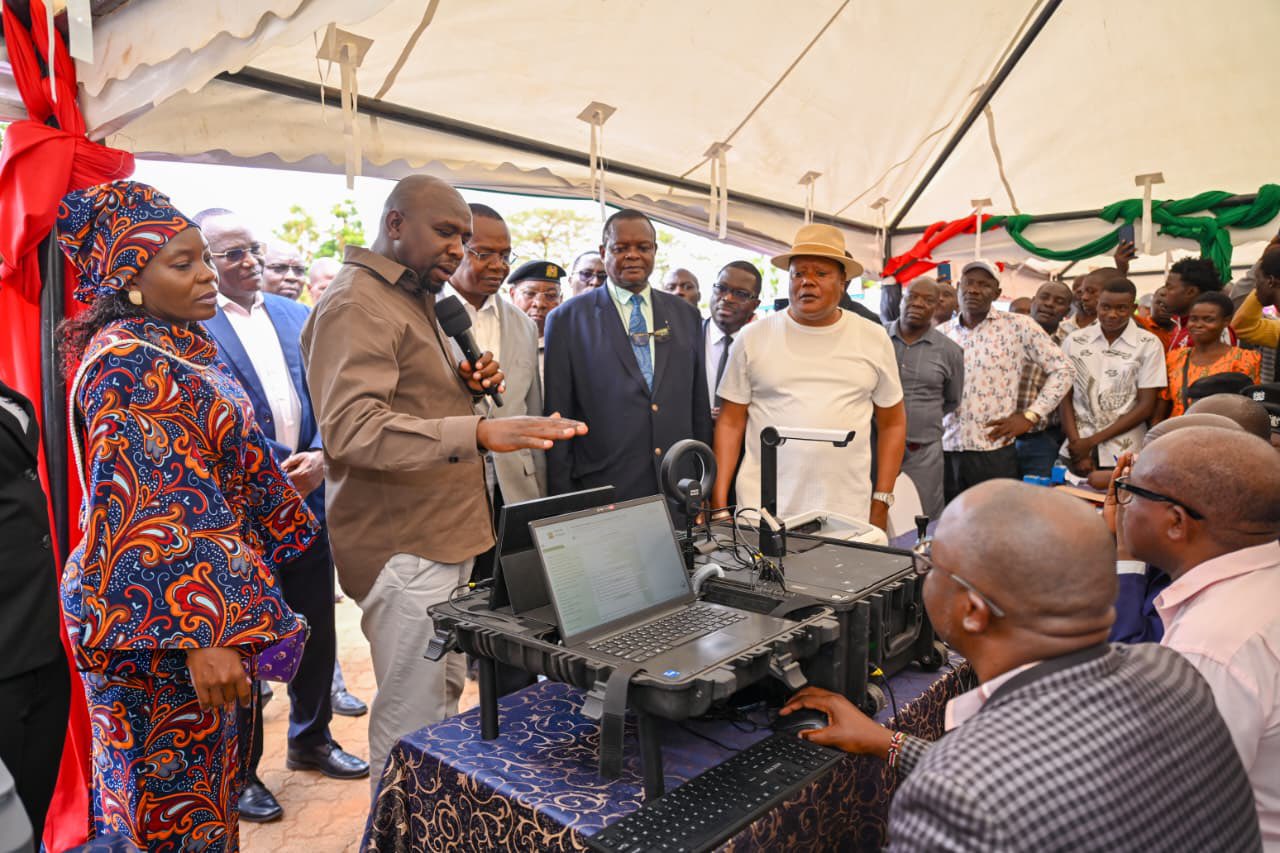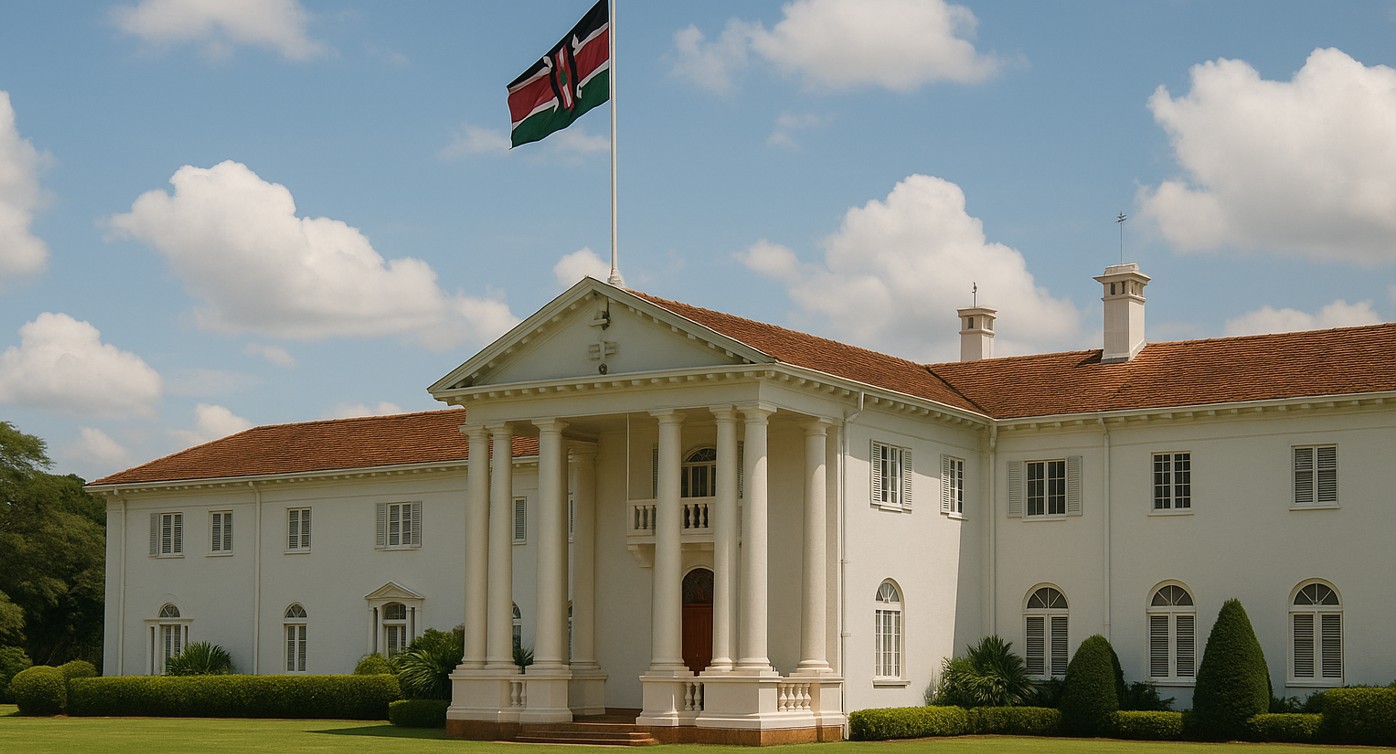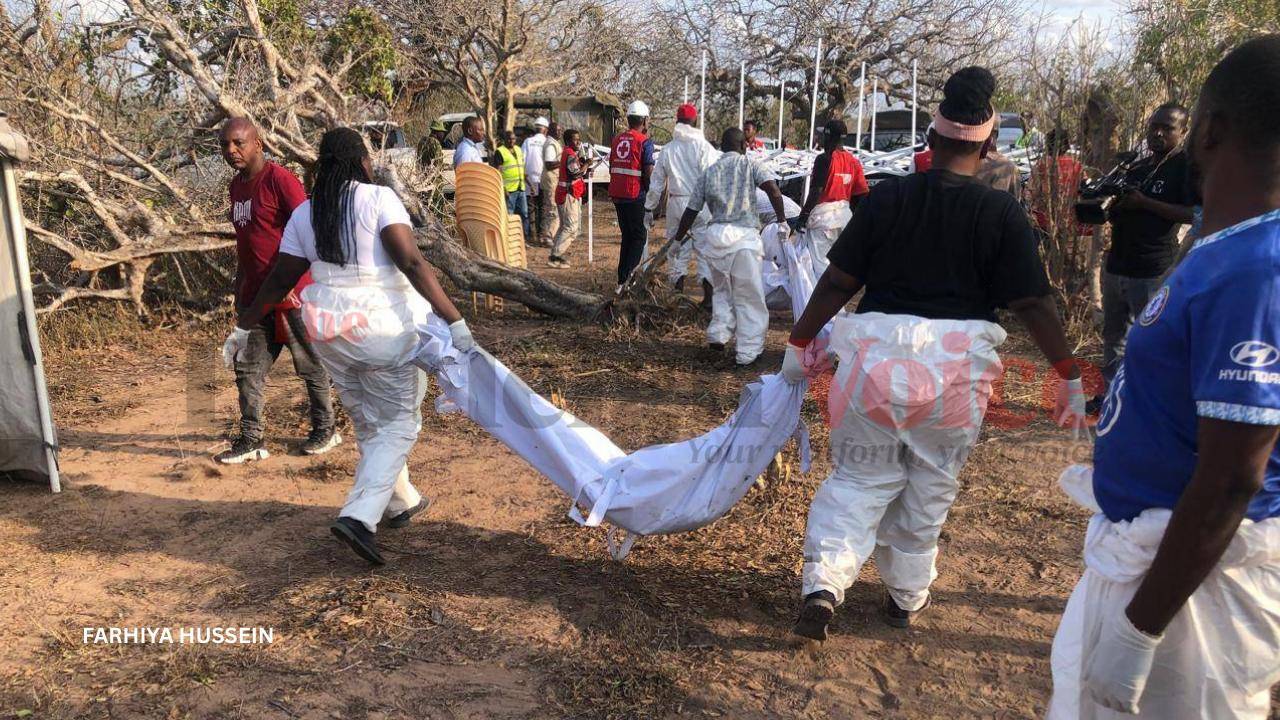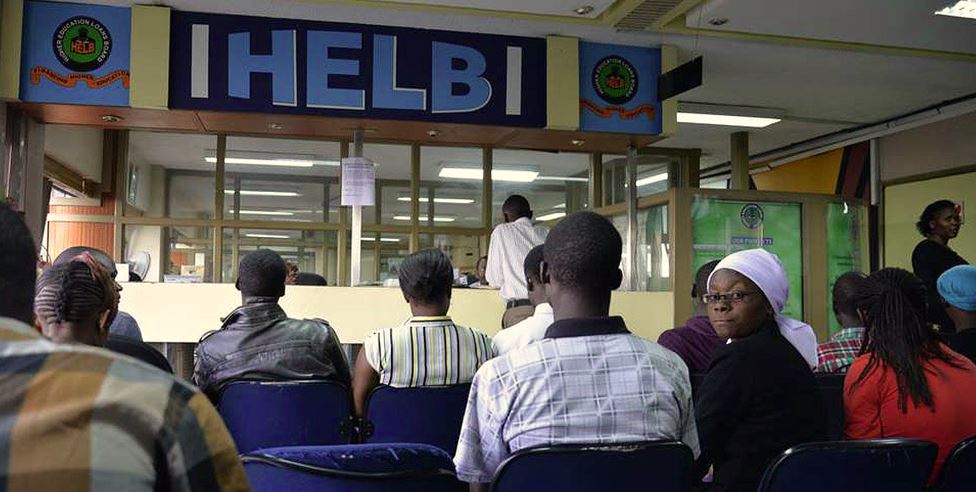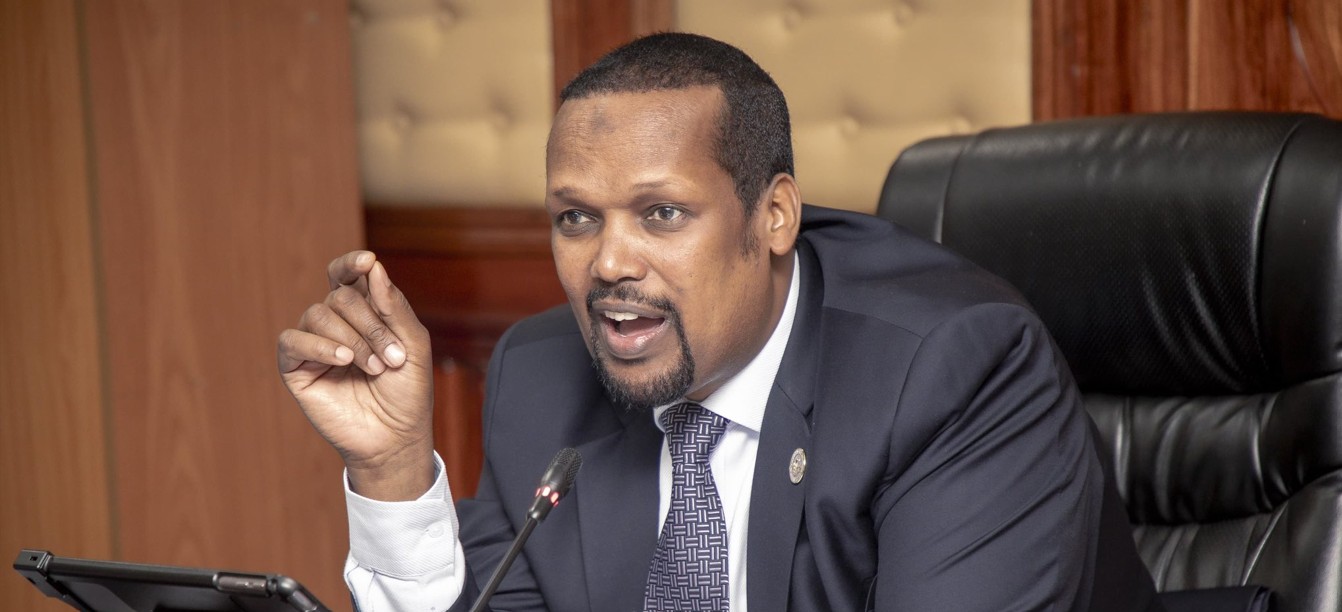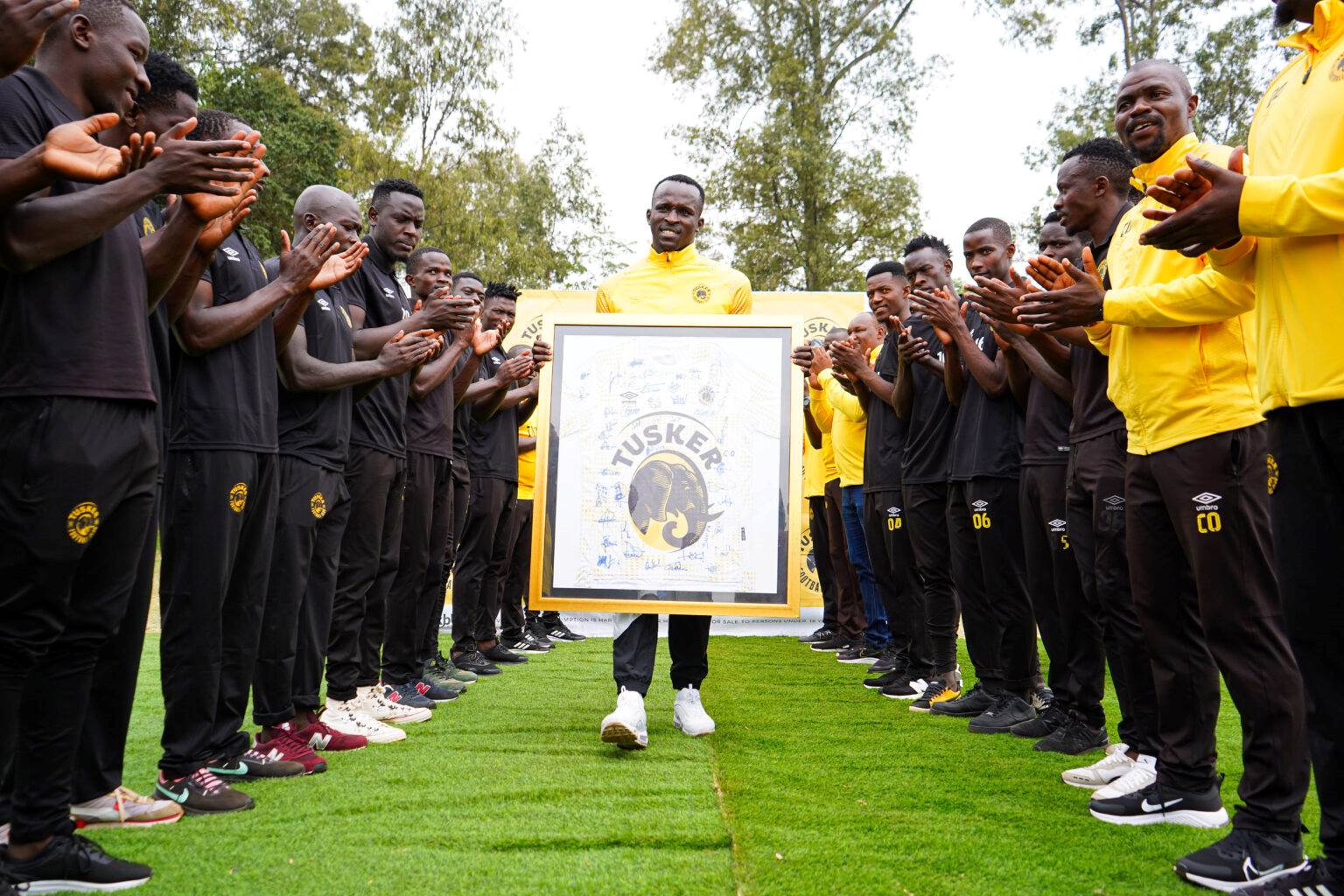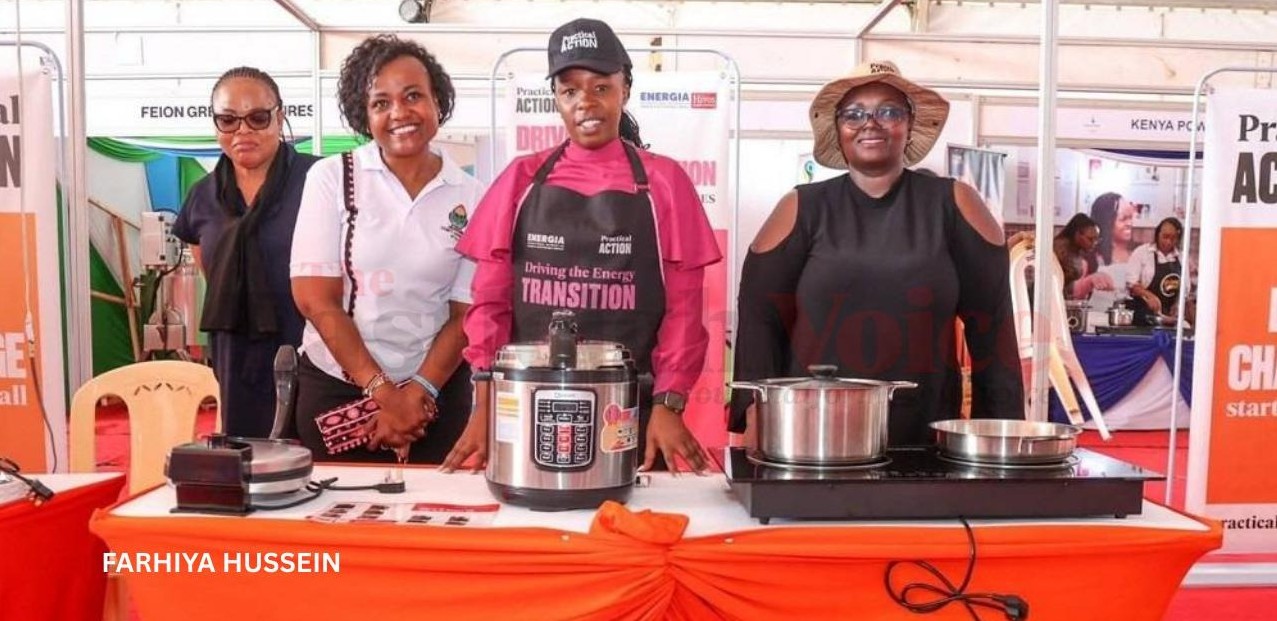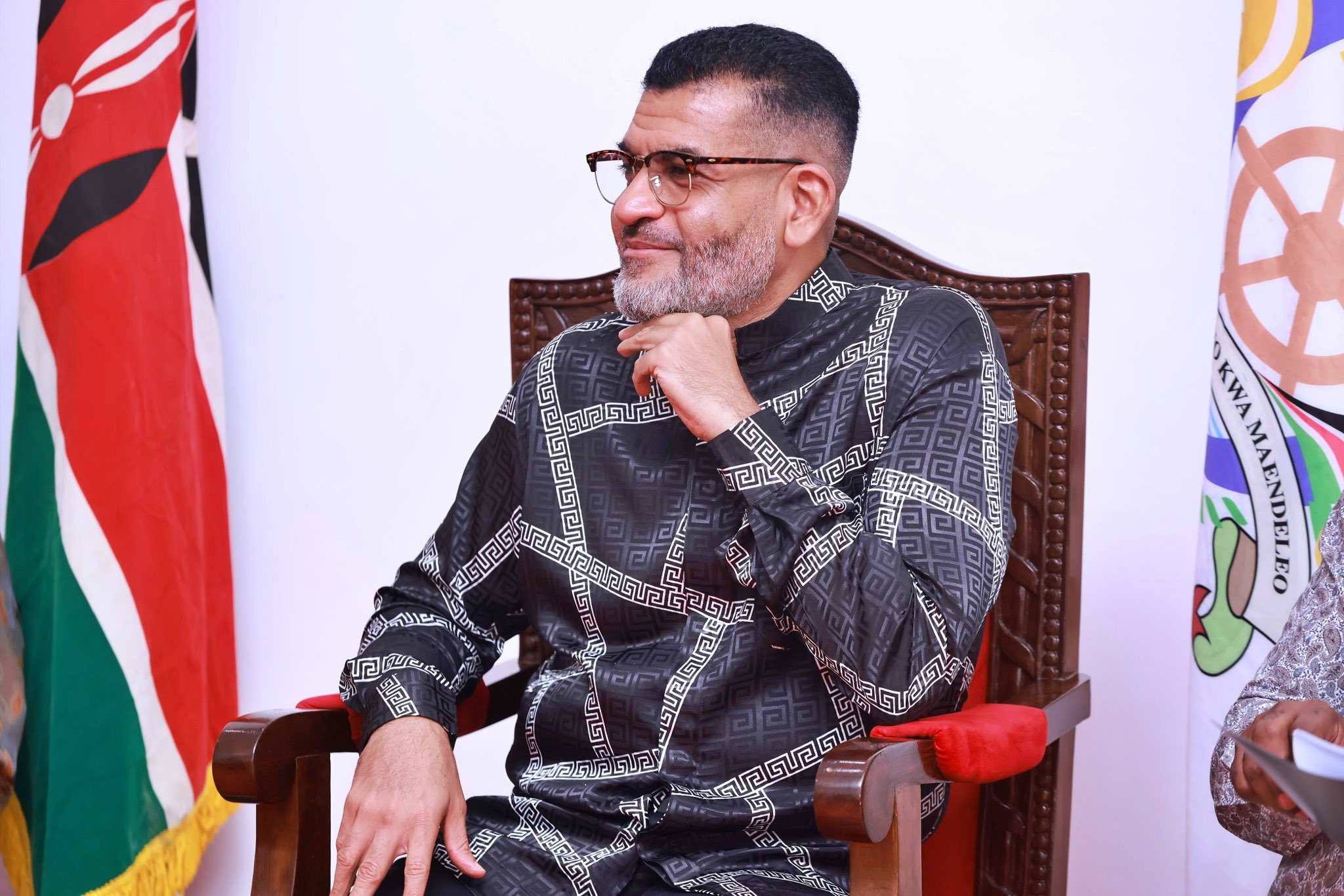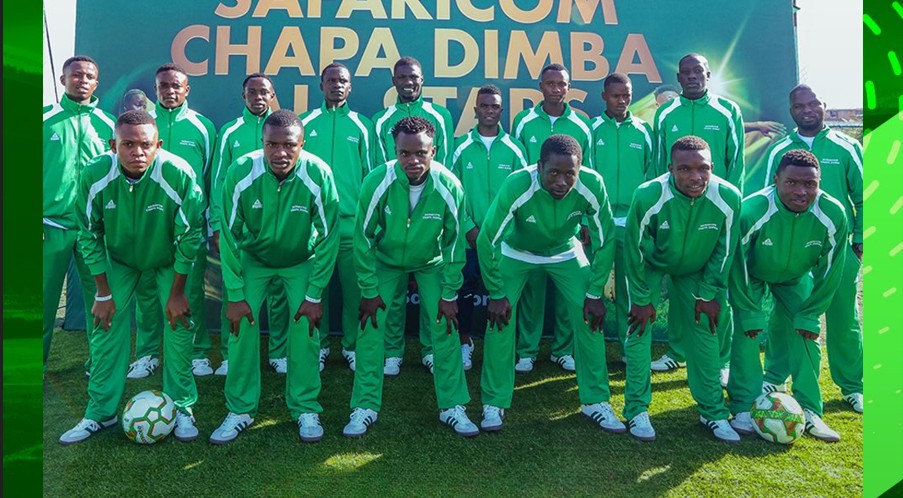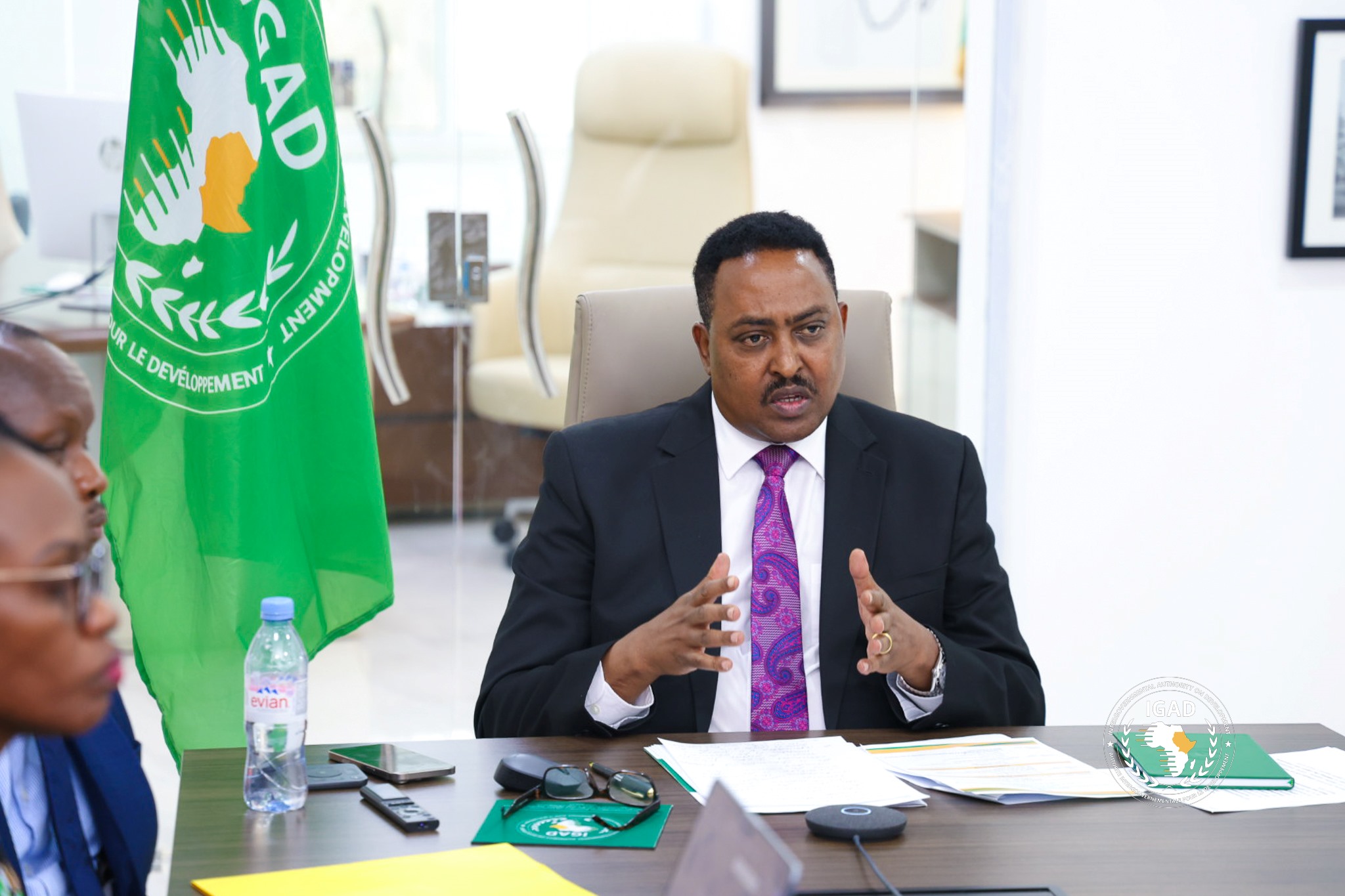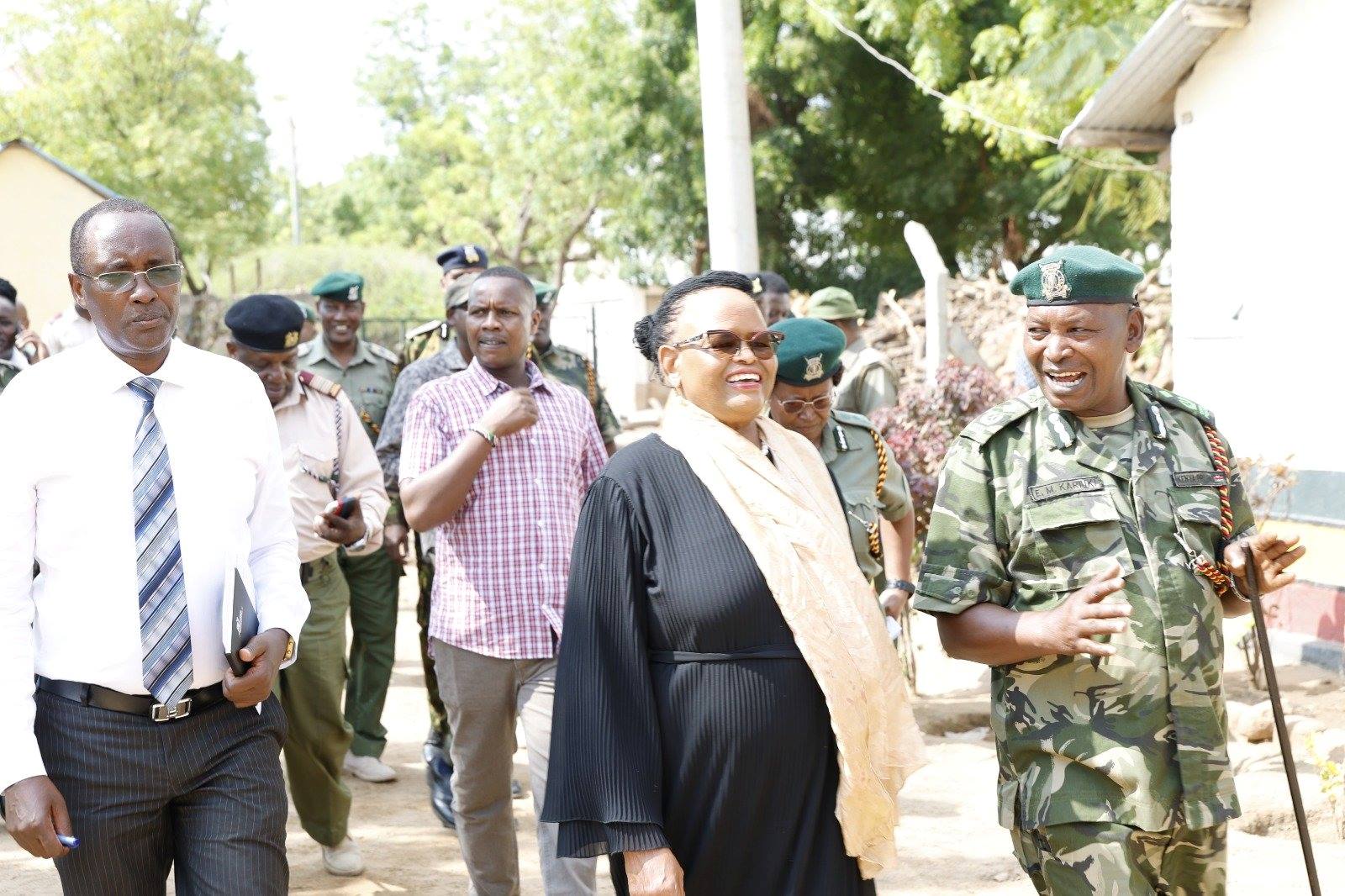Grief-stricken families relive pain as court hears Shakahola child torture case

The prosecution argued that such testimonies illustrate how Mackenzie’s radical sermons compelled parents to isolate their families, starve their children, and withdraw them from school.
When Anne Kauchi appeared before the Tononoka Children’s Court on Wednesday, her testimony carried the weight of personal loss.
She told the court that both her mother and sister were among the hundreds of victims confirmed dead in the Shakahola forest.
More To Read
- Murkomen warns Kenyans against silence on cults as new mass graves found in Kilifi
- 11 suspects arrested in Kwa Binzaro cult probe, Police IG Kanja says many victims are non-locals
- Prison boss dismisses Paul Mackenzie's alleged poisoning plot at Shimo la Tewa
- Senator Madzayo demands urgent probe into bodies found in Kwa Binzaro forest
- Police admit Shakahola lessons not fully applied after Kwa Binzaro cult deaths
- Witness reveals how Mackenzie’s Shakahola church starved dozens, killing children and families
Kauchi explained that her mother, Judith Farasi, withdrew her younger siblings from school after embracing the teachings of preacher Paul Nthenge Mackenzie.
Although Kauchi had left the Good News International Church after Mackenzie declared education to be evil, her mother remained a committed follower and eventually relocated with the children to the forest.
She recalled that communication with her mother grew increasingly rare. At one point, she was told they would never speak again.
Later, when mass graves were uncovered, DNA testing confirmed that her mother and her sister Elinah were among the 429 people who perished.
Other witnesses also painted a picture of families torn apart by Mackenzie’s radical influence.
Dominic Kahindi Mwakudza told the court that his brother, Felix Katana, removed his four children from school, insisting that education had no value.
He testified that the eldest child was forced out of secondary school while in Form Two, and the rest were taken out during the COVID-19 period. Authorities later intervened and placed the children under state care.
“I advised him it was unlawful to deny children education,” Mwakudza said, adding that he eventually reported the matter to the authorities when his efforts failed.
A teacher who appeared in court echoed concerns that Mackenzie’s teachings directly influenced parents to end their children’s schooling, leaving minors without basic education and opportunities for the future.
The court also heard the account of Senior Sergeant Cyrus Irungu, who described a police mission to locate missing families. He testified that two men reported relatives trapped in the forest, including Emily Wanje, her husband Isaack Ngala, and their children.
Irungu said he and two colleagues, acting on instructions from Lango Baya OCS Chief Inspector Hamara Hassan, travelled six kilometres by vehicle before trekking a further nine kilometres on foot into the forest.
At Ngala’s homestead, they encountered an elderly woman holding a severely malnourished boy.
When officers asked about his family, the boy said his mother had gone to a “wedding,” later understood to mean a funeral.
Pressed further by a relative, identified as HGN, the child eventually pointed to a spot where he said his siblings had been buried. The minor was later handed over to relatives after recounting what had happened to his brothers and sisters.
The prosecution argued that such testimonies illustrate how Mackenzie’s radical sermons compelled parents to isolate their families, starve their children, and withdraw them from school.
The hearing continues Thursday, with additional witnesses expected to testify.
Top Stories Today

